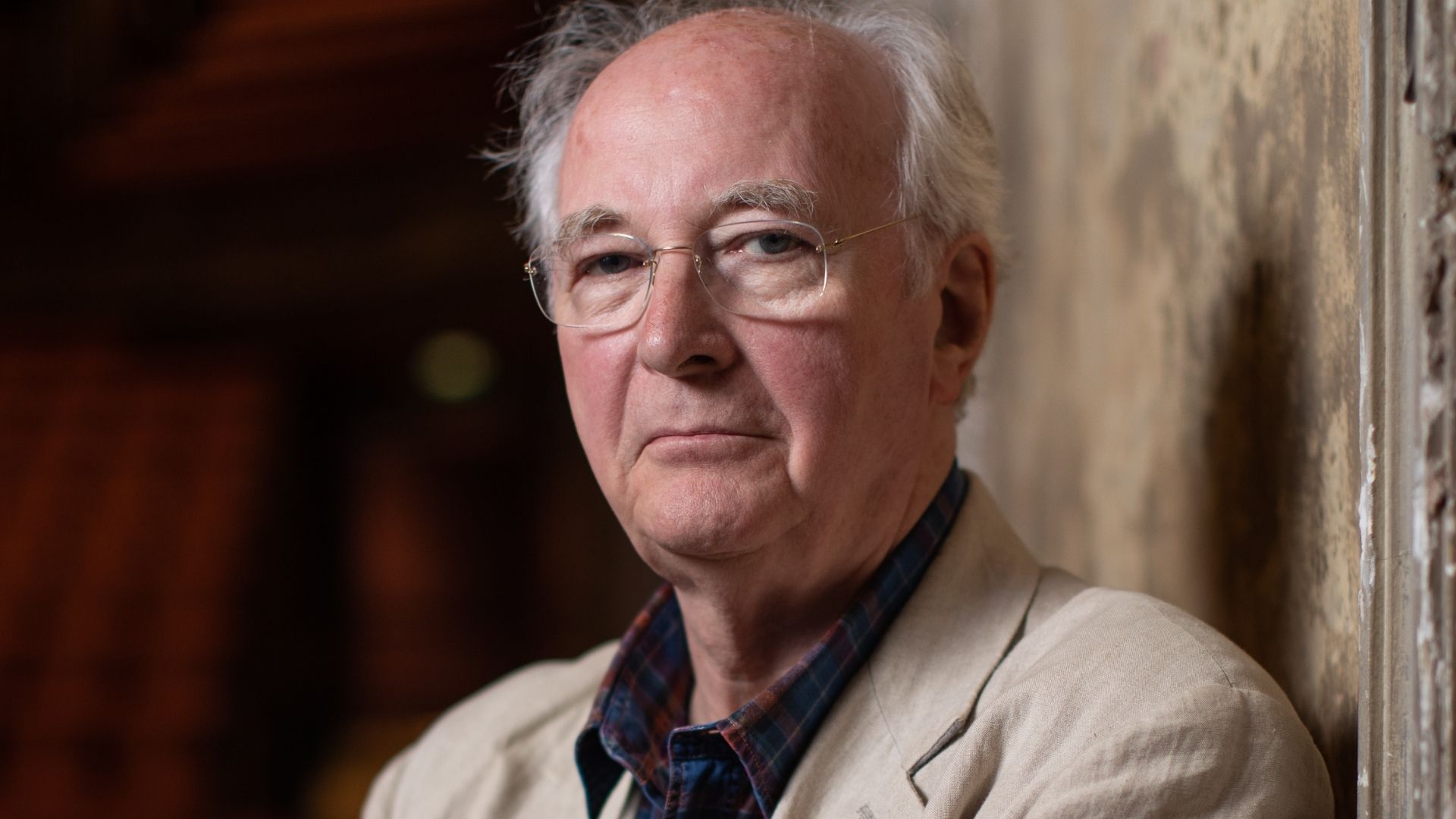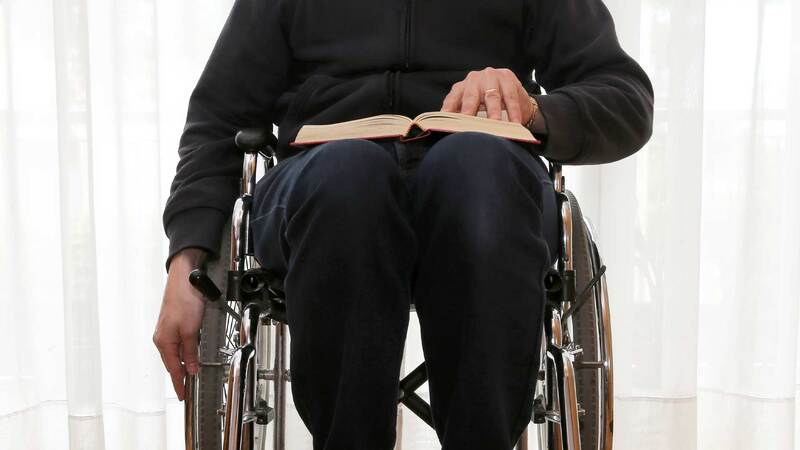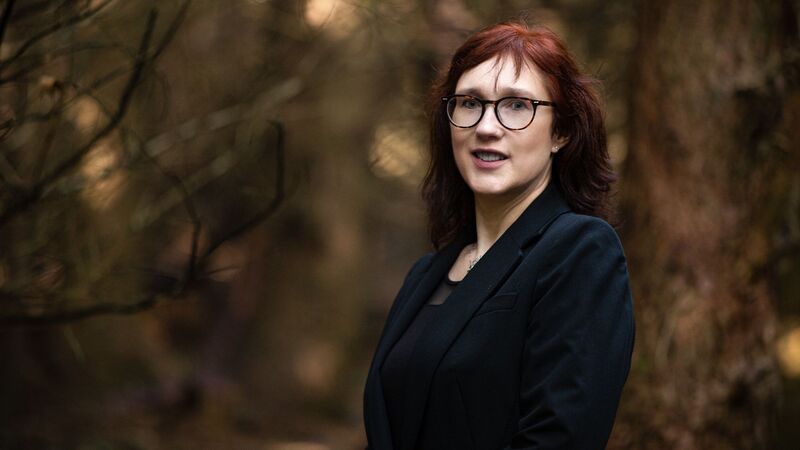You are viewing your 1 free article this month. Login to read more articles.
Ex-Society of Authors president Pullman calls for external review of organisation
Former Society of Authors (SoA) president Sir Philip Pullman has called for an external review of the organisation following its handling of the Kate Clanchy controversy and criticism of its chair Joanne Harris.
Pullman quit the presidency in March after nine years in the role, claiming he was not “free to express my personal opinions as long as I remained president”.
The His Dark Materials author was criticised following remarks he made last year when Clanchy’s book Some Kids I Taught and What They Taught Me – now published by Swift Press after Clanchy and Picador parted ways – was accused, among other things, of racially stereotyping children. Pullman defended Clanchy and her book including a tweet he later deleted, where he said those who do not read a book before condemning it would “find a comfortable home in Isis or the Taliban”. Pullman later apologised for “causing harm” with his comments. Some critics of the book faced racial abuse online, prompting an open letter in their defence signed by more than 1,000 people.
In a 1st September letter to SoA council members, leaked this week to Private Eye, Pullman said he resigned because of a lack of support from the organisation when he was “attacked” for his comments.
He wrote: “Instead of looking at the issue calmly, the society (through the management committee and its chair) immediately adopted a position of self-righteous neutrality (as it seemed to me), though more self-righteous than neutral.”
Pullman referred to “the assiduous work of the management committee in examining my shortcomings and urging me to apologise for something I hadn’t done and such things as the ‘invitation’ to me to undergo race awareness training” as factors in his decision to stand down.
He also claimed SoA c.e.o. Nicola Solomon had told him in February, since his original comments the SoA had “suffered a spate of complaints, resignations and failures to renew membership” that may have resulted in 120 lost members.
The author’s letter also takes aim at Harris, who was criticised last month following a jokey poll she posted on Twitter in the wake of Salman Rushdie being stabbed. She later deleted it and admitted she got the “tone” wrong but the episode led to critcism of her position, including an open letter started by a group of gender-critical feminists calling for her to go and a rival letter in her defence.
Pullman wrote the events “seem to indicate that there’s a faction among the committee and possibly elsewhere determined to use the society as a vehicle for gesture politics”.
“Facetious and flippant public comments from the chair of the management committee only demonstrate how far the society has come from the serious, valuable and intelligent organisation it was when I joined 30-odd years ago,” he wrote.
He concluded of the society: “I think it needs investigation, and investigation from outside at that.”
The Bookseller has approached the SoA for a comment. According to Private Eye, the organisation has told members it will “undertake external reviews of its complaint-handling procedures, communications and social media processes”, including a review of communications and procedures over the past year.
Addressing the criticism of Harris last month, the organisation said it had investigated allegations it failed to support gender-critical members but found no basis for complaint.
The SoA said at the time: “The allegations against Joanne Harris as chair seem to be that she has failed to engage with authors, has joined in smear campaigns against them and has been unwilling to represent their interests. This is not a fair representation of the engaged and passionate chair that the management committee and members see, as exemplified in Melinda Salisbury’s open letter of support for Joanne Harris, not to mention the many private messages of support that the SoA has received.”
Harris also defended herself on Twitter and denied the claims about her conduct, insisting she will remain in post until her term ends in 2024.
The SoA also reiterated its stance that it does not make individual statements of support or get involved in debates between writers. The authors’ union said it does not have the resources to condemn each personal attack on authors, despite an “escalation” on social media.



















